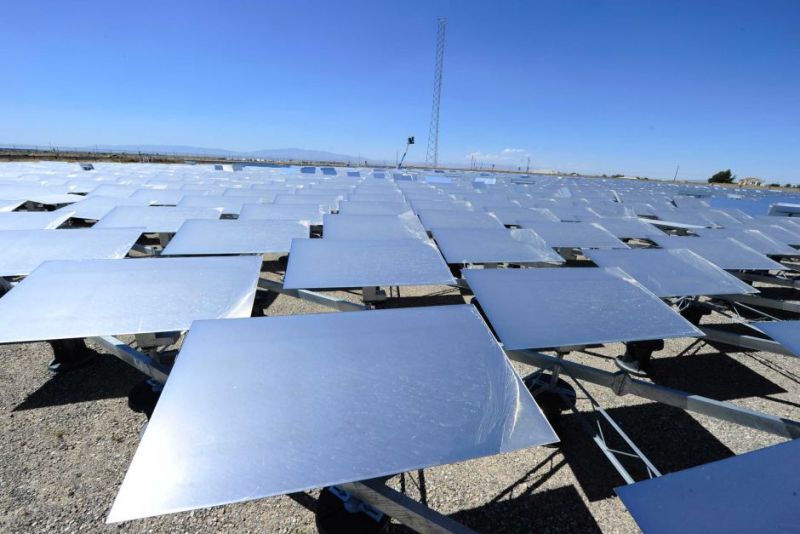
The news that China will go after the UK and France in phasing out fossil-fuel powered cars by 2030 was met by a spike in lithium prices this week, as markets take on board another sign that the future of auto will be lithium-ion powered.
Coverage of this shift has been fundamentally positive, not least in the context of the race to make cities cleaner. But there is a potential unevenness between the environmental benefits to urbanized markets and the social and environmental costs in the developing world where the raw materials for batteries are mined.
We at RCS (Rich Communication Services) Global addressed the challenges connected with cobalt in a currently report and they have been well made known over the past 18 months including in this newspaper and by Amnesty International.
But lithium-ion producers and buyers must acknowledge that cobalt is not the only challenge they face. As we note in a new report this month, the spike in demand risks amplifying the social and environmental risks associated with the industry’s five key raw materials: cobalt, lithium, nickel, manganese and graphite.
in the order of two-thirds of the world’s cobalt comes from the Democratic Republic of Congo, where there are ruthless issues ranging from environmental damage to human rights abuses including child labor. Cobalt remains the most complicated battery raw material to source ethically.
But there are also concerns in the lithium triangle in Latin America allied to community relations and environmental damage, while issues regarding worker health and safety linked to nickel and manganese mining in countries such as the Philippines and Namibia have also been reported.
Also read
Singapore Summit:Technology won't destroy jobs
Apply for the Job vacancy in Oil India Limited
Ed Sheeran's 'Shape Of You' crosses 200 million views in India